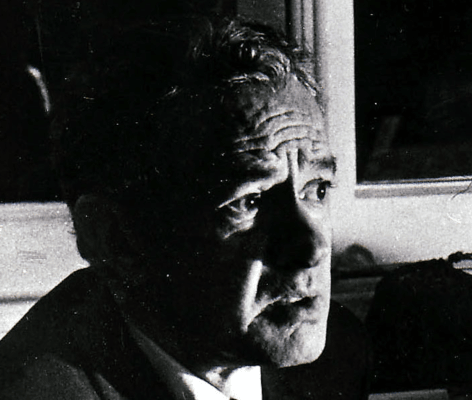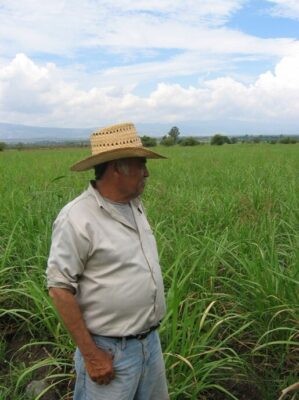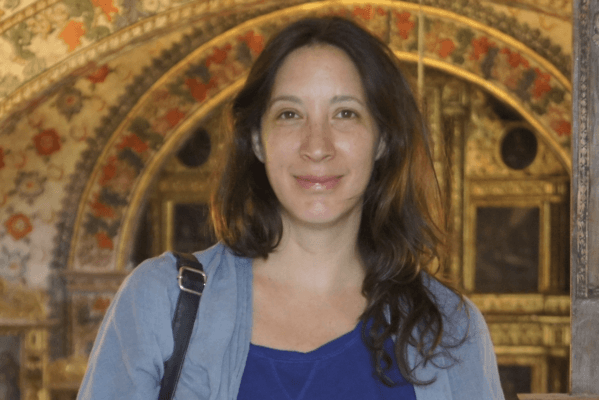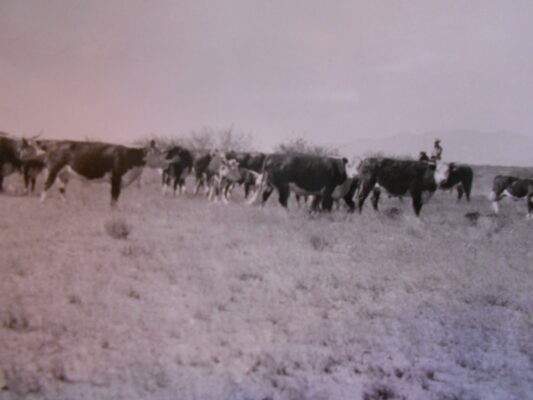129 Results

Erosive Forms and a Climate of Violence in the Work of Juan Rulfo: A Q&A with Mark Anderson
Feb 11 2026
Mark Anderson talks about his ecocritical analysis of Mexican writer Juan Rulfo.

Enduring Times of Hate
Nov 18 2025
Author Andrea Gómez Cervantes on the impact of changing policies on immigrants’ family dynamics, community building, inter-ethnic relationships, and work and educational experiences.

Bracero Stories: A Q&A with Michael Snodgrass
Nov 14 2025
Learn more about Michael Snodgrass's research into the bracero guest worker program.

"Mexican Studies/Estudios Mexicanos" Annual Lecture: Separation of Church and State in Mexico
Nov 07 2025
Watch this year's "Mexican Studies/Estudios Mexicanos" Annual Lecture featuring Pablo Mijangos y González, a preeminent historian of the Catholic Church and the law in Latin America.

Journal of the Society of Architectural Historians Offers Free Content for SAH Virtual 2025
Sep 16 2025
Timed to coincide with the Society of Architectural Historian's 2025 virtual conference, we invite you to read JSAH 's current issue for free online.

Martyr Photography: A Q&A with Lucy O'Sullivan
Aug 25 2025
"Latin American & Latinx Visual Culture" author Lucy O'Sullivan answers questions about her ALAA-acknowledged article on "Martyrdom in the Age of Mechanical Reproduction."

"California History" Announces the 2024 Winner of the Richard J. Orsi Prize
Aug 06 2025
Congratulations to Erica Toffoli whose article “Electric Eyes: Surveillance, Sovereignty, and the Limits of the Border Patrol’s Technocratic Vision on the U.S.-Mexico Line” has won this year's Orsi Prize, which recognizes the best research essay published in the journal "California History" each year.

The Ideals, Imaginaries, and Symbolisms of Hospital Nursing: A Q&A with Claudia Agostoni
Aug 05 2025
We talk with Claudia Agostoni about her "Mexican Studies" article examining the training, work, and qualities of hospital nursing staff in Mexico City during the 1940s and 1950s.

Q&A with Glenda Flores, author of "The Weight of the White Coat"
May 21 2025
Author Glenda M. Flores on the medical school journey of Latina/o physicians.

Native peoples and the U.S.-Mexico Border: Q&A with Jennifer Bess
May 21 2025
Borders mark off the place where one nation ends and another begins. But what happens when you belong to a people that has lived on both sides of the border, since long before the border even existed?